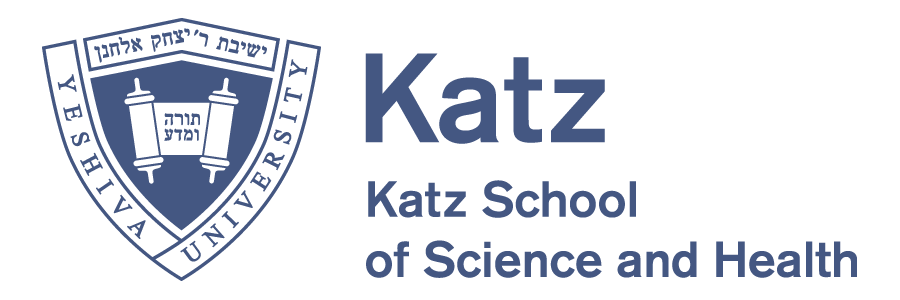
Occupational Therapy Doctorate Curriculum
Making the World Smarter, Safer and Healthier
Overview
Programmatic themes set the foundational knowledge for the program's courses: occupational performance across the lifespan; client-centered evaluation and occupation-based interventions; wellness and prevention; technological advancements to support occupational performance; leadership and advocacy; and scholarship and research.
- Occupations as a means and end
- Professional development
- The healing power of occupation
- Adaptation as a means toward performance and engagement
- Client-centeredness
- Evidence-based practice
- Critical thinking, analysis and synthesis
- Clinical reasoning
- Interprofessional collaboration
Our instructional design reflects the commitment of YU to five core Torah values: truth, life, infinite human worth, compassion and redemption, as well as the Katz School of Science and Health vision: “We take an interdisciplinary approach to research and education, fostering the creativity, collaborative thinking and builder mindset required to take on today’s toughest problems. Faculty, students and alumni are change-makers and entrepreneurs who bring science, technology and health innovations to market.” Constructivism, humanism and transformative learning theory constitute the program’s pedagogical approach to education. Our students are engaged in experiential learning as they work collaboratively with the faculty who facilitate learning by extracting the student's preexisting knowledge to connect with new knowledge.
Degree Requirements
YU’s entry-level doctorate is a full-time program and can be completed in under three years (8 semesters). Students must complete the following courses. Course descriptions are available here.
Semester One
- Occupational Therapy Profession and Practice (3 credits)
- Introduction to Doctoral Fieldwork I (1 credit)
- Assessment and Screening I (3 credits)
- Introduction to Scholarship and Research (2 credits)
- Clinical Skills and Procedures (2 credits)
- Anatomy and Human Movement (5 credits)
Semester Two
- Occupational Performance in the Older Adult Population (5 credits)
- Skills Lab: Older Adult (2 credits)
- Fieldwork I: Older Adult (1 credits)
- Assessment and Screening II (2 credits)
- Brain, Behavior and Occupation (3 credits)
- Scholarship and Evidence-based Practice I (3 credits)
- Occupations in Practice Through the Lifespan (2 credits)
- Introduction to Doctoral Studies (1 credit)
Semester Three
- Occupational Performance in the Adult Population (5 credits)
- Skills Lab: Adult (2 credits)
- Fieldwork I: Adults (1 credit)
- Scholarship and Evidence-based Practice II (3 credits)
- Preparatory Methods I (3 credits)
- Assistive Technology (4 credits)
Semester Four
- Occupational Performance in the Child and Adolescent Population (5 credits)
- Skills Lab: Children and Adolescents (2 credits)
- Fieldwork I: Children and Adolescents (1 credit)
- Doctoral Fieldwork II (1 credit)
- Preparatory Methods II (4 credits)
- Occupational Wellness (4 credits)
- Leadership and Advancement in Practice (4 credits)
Semester Five
- Preparation for Doctoral Professional Practice (1 credit)
- Fieldwork II-A (12 credits)
Semester Six
- Capstone Project I (1 credit)
- Fieldwork II-B (12 credits)
Semester Seven
- Capstone Project II (2 credits)
- Capstone Experience I (5 credits)
Semester Eight
- Capstone Experience II (6 credits)
- Capstone Experience III (2 credits)


